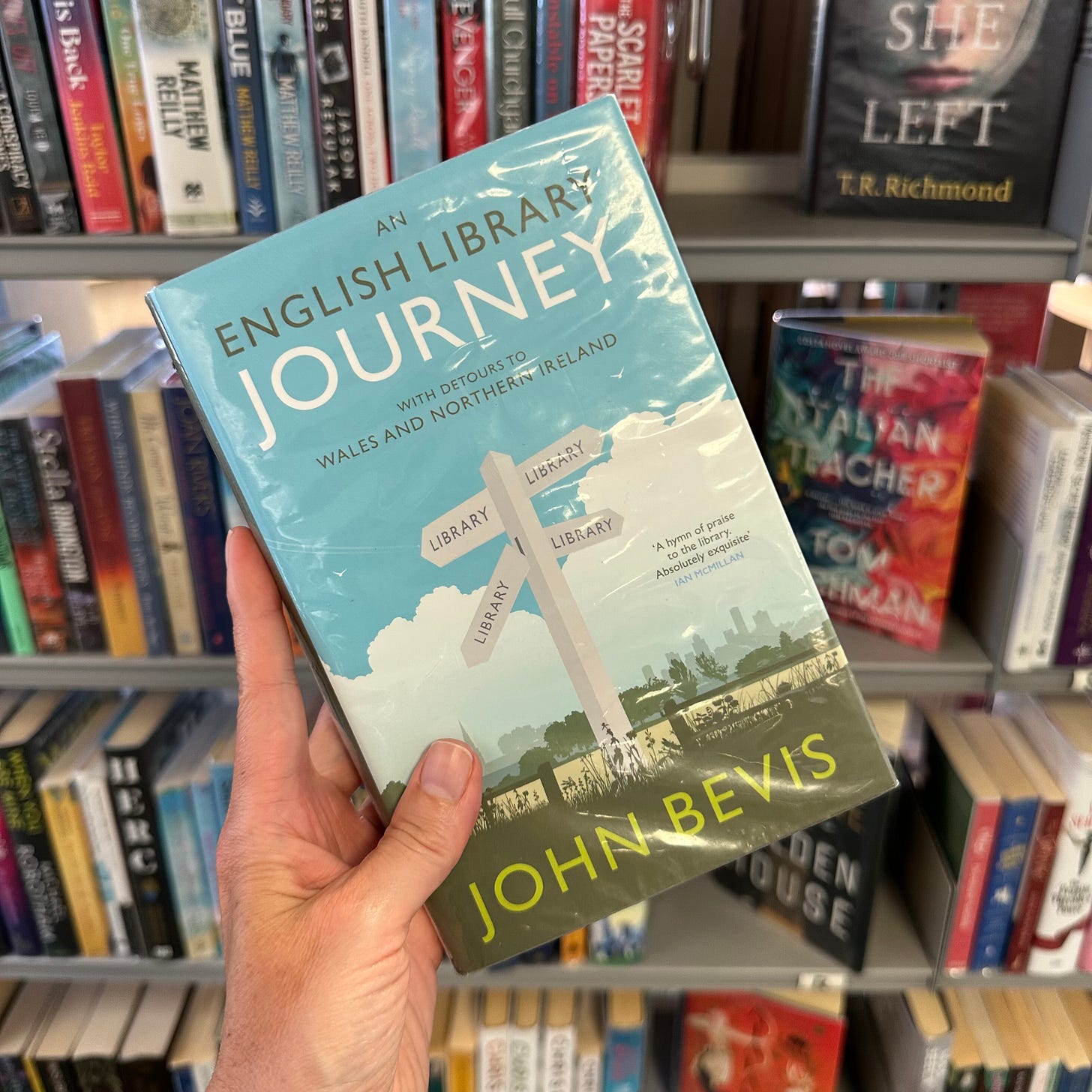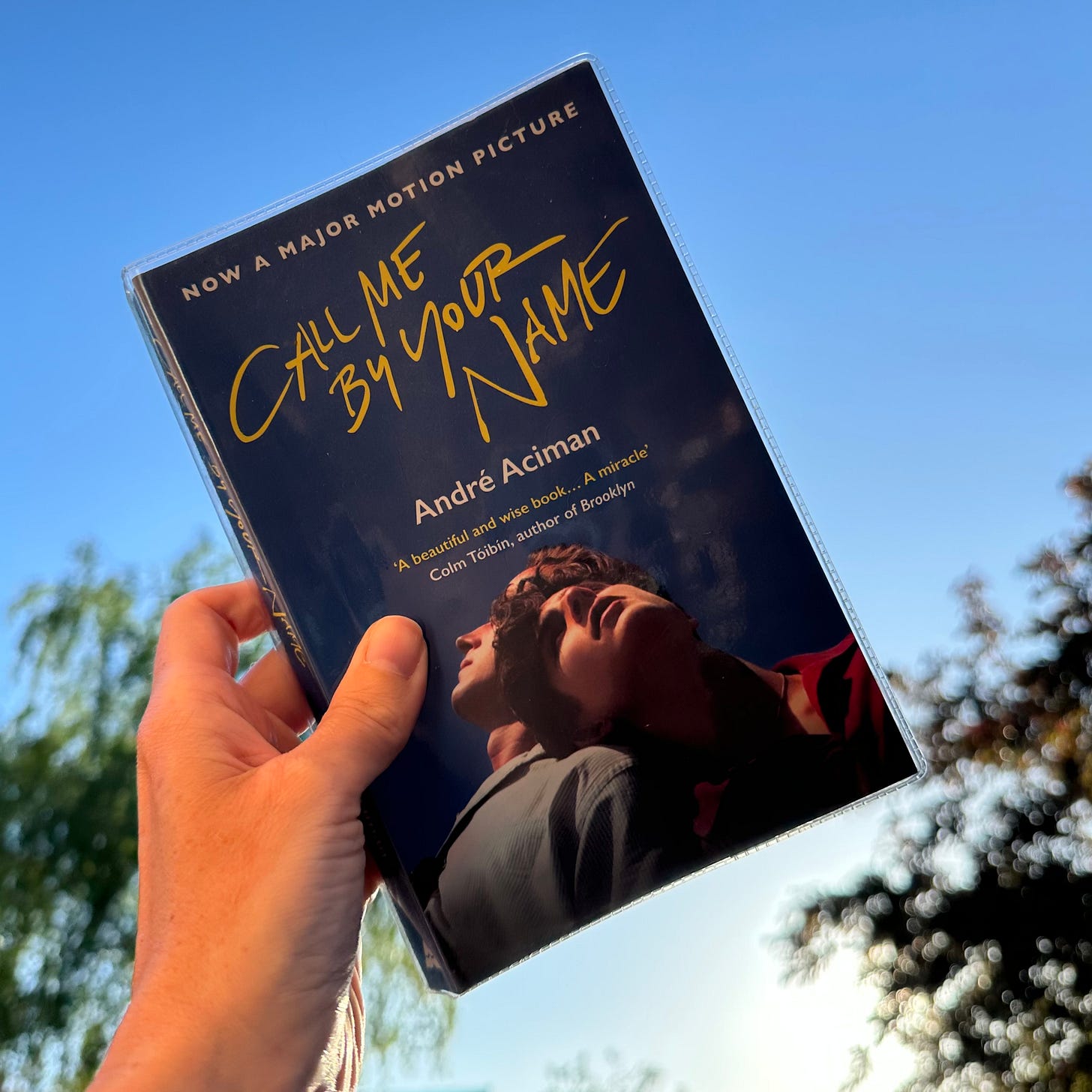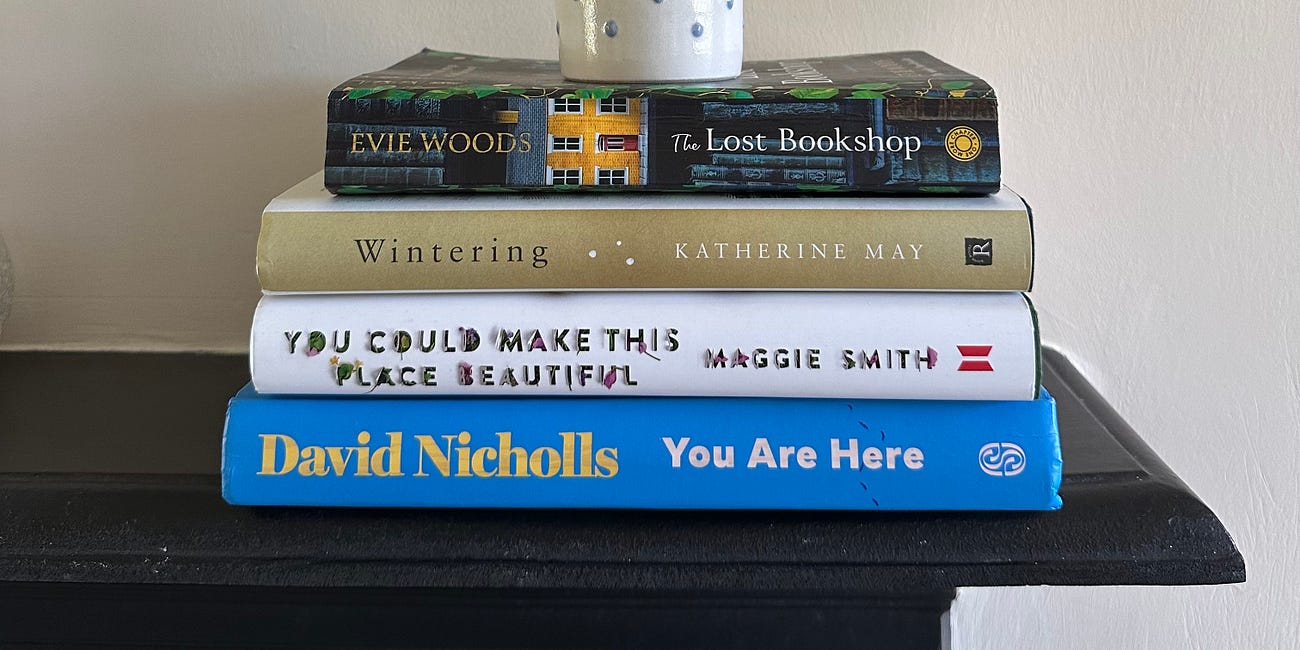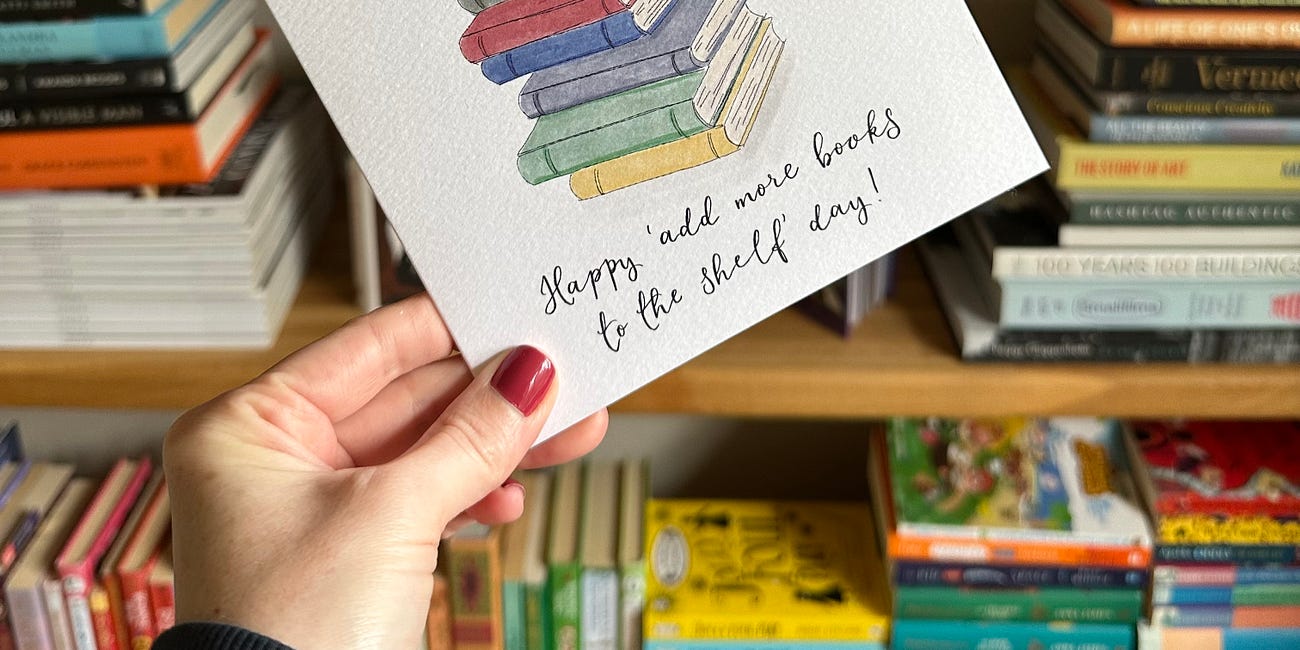It all started when I was avoiding a man in a hi-vis vest.
Let’s call him ‘hi-vis vest man’. (We do.)
For months, the nice quiet car park I usually park in when dropping off and collecting my daughter from school had been carved up for ‘works’ unknown. There was large rigid metal fencing, curled plastic netty fencing, cones (so many cones), about a quarter of the spaces there previously had been, and a man who’s sole purpose (in life) appeared to be patrolling parkers to ensure that every last nth degree of space was efficiently used. He would appear out of nowhere. Tap, tap, tap on the window and gesture with his thumb and forefinger the ludicrously pointless amount he desired me to shift my car to the left.
I use this particular car park because it is quiet and relaxed. There are no bays, no rules. Just dog walkers, and other parents and town visitors who value peace and ease over proximity. Being behind the wheel is still relatively new to me, and having successfully managed the anxiety required to get through the actual driving bit, a tight and stressful parking experience at journey’s end is low on my list of priorities.
High-vis vest man appeared to have other ideas.
I started to avoid him, often choosing a busier car park over the tap, tap, tap. A sort of council-sponsored aversion therapy.
But on the occasion in question (the one that sparked the actual point of this newsletter, which I promise I’m hastily approaching), it was necessary to leave the car in ‘his’ car park for the day, so I bravely endured a morning tap, tap, tap (the girl in the next car rolling her eyes in solidarity) and then went about my day.
In the afternoon, I found myself back way too early for school pick-up and deciding that loitering in the car was just an open invitation for hi-vis clad window taps, I ducked into the library to kill some time.
This is where the story begins.
I love and have always loved a library.
But I realise that in recent years, visits to my local have become closer in nature to a businesslike ‘click and collect’. The library reduced to an in-and-out distribution centre, where the only books I actually interact with are the ones I’d ordered from home on my phone, and am now asking the computer in the foyer for permission to borrow or return. An optimised errand run.
Fate (and a fluorescent jobsworth) had thrown me an opportunity to rectify this, the fact I needed to linger longer necessitating a more slow and sustained approach. It meant going beyond the foyer for the first time in a while and, you know, actually looking at books.
I’m definitely NOT going to borrow anything though. I’ve got a huge pile at home, more on order. I DEFINITELY don’t need any more books.
Anyone else laughing hollowly at this unconvincing self-talk?
On reflection this was partly the method behind the madness (sadness?) of my foyer-restricted visits. I was trying hard not to add any more books to my increasing feeling of to-be-read overwhelm.
Methodically, I meandered all the way through the fiction alphabet and was intently perusing the various categories of non-fiction offerings, when I came across this title:
An English Library Journey: with detours to Wales and Northern Ireland by John Bevis.
I don’t know why it leapt out at me. The fact that I love libraries and was in a library thinking about how I wanted to be better using libraries maybe?
Whatever it was that made me pick it up and check it out, John Bevis’ memoir documenting his adventure travelling around the UK aiming to collect a library card from every lending area in the country was the thoughtful starting point in fashioning a library adventure of my own.
An English Library Journey is a paean to libraries and their role within UK communities. Bevis’ journey is slow and intentional. His comprehensive collection of cards and anecdotes takes nine years to complete. There is no relying on convenience culture shortcuts here—in fact, Bevis mentions other collectors he becomes aware of who have accumulated all the cards, but have done so by request, a polite letter or email. A matter of ticking off a list. To him there is less satisfaction in that.
Bevis’ library journey goes deeper. He fits in library visits as he goes about his business travelling round the country. If history, age, founder or architecture are of note, the library itself gets a write up. But one of the best things about the book are his descriptions of the scenes he discovers within the libraries—the noisy toddler music groups or angsty teens having an argument or, my personal favourite, two men (presumed to be on probation) noisily enjoying clips of Only Fools and Horses on a library computer when they’re supposed to be filling in a job application form.
These are the community stories, the people stories, the library stories.
We all, I very much hope, have library stories. Memories of a place that felt welcoming and safe and inspiring, where our imagination was allowed to soar. In recognition of last week’s Library Week in the UK—the theme of which for 2025 was Libraries Change Lives—here are a few of mine.
Holder of words. Keeper of stories. Haven for the quiet, the curious, the bookish.
My first. Primary school. A small room lined with white shelves packed with books. A breathtaking sight to my tiny self. A particular smell. A brown cardboard packet marked with my surname comma first name in neat biro script. Ticket inside from Jill Murphy’s The Worst Witch.
Renew.
A move. New house, new school, new town, new library. Saturday afternoons. My little brother plays Frogger on a BBC computer or snuggles into a beanbag, oversized book in hand, endlessly seeking Wally. Meanwhile I sit with the librarian answering questions on The Animals of Farthing Wood and Mrs Frisby and the Rats of NIMH. I am a Super Bookworm. It says so in calligraphy on the library wall.
Renew.
A teenager. Lost in Margaret Mitchell’s sweeping epic Gone with the Wind. Days and days of obsessive reading reach a shocking conclusion. A jagged edge. The final page torn out. An anxious drive straight to the library to find another copy.
Renew.
A quiet village in the countryside. A mobile library in the main street the day after moving in. Here the books will come to me! I step on just to sign up, but—of course—step off with book in hand. The book is Kate Atkinson’s Case Histories. Then comes an advert in the village newsletter. A book group looking for new members. Meeting next week. Reading Case Histories.
Renew.
An exhausted new mum. Reading slumped to the occasional lightweight novel. On kindle to allow for one-handed page-turning when trapped under my beautiful milk-drunk baby. Public library by Ali Smith, the first library book read after this life-changing shift. My brain so gratefully reignited by the glorious provocation of Smith’s arresting style.
Hold.
Back to Bevis.
An English Library Journey is slow and meandering, thoughtful and observant. It’s not a book to sit and read cover to cover, but to dip in and out of, reflecting the journey itself.
This book was bound to appeal to me—library-loving nerd that I am.
But more than that, thanks to both the way I ended up with it in my hands and the odyssey it describes, I was reminded of the wider value of libraries themselves and the joy and creative inspiration to be found in a slow and inconvenient journey
Over on YouTube I’ve recently discovered Anna Corrine (who I’m delighted to find is here on Substack too) and her Wild Geese podcast. This is deep and insightful content, exploring issues of modern life’s intersection with thought and creativity (and makes me very hopeful for the generation that follows).
So when I saw a title by her—convenience culture is killing our creative impulses—I added it straight to the draft of this newsletter before I’d even pressed play. This was exactly on my mind as this library story unfolded (and in fact Anna shares a creative challenge that involves going into a library, randomly diving into books that appeal and seeing where it takes you—look at me, ahead of the curve).
While the library app is insanely convenient for ordering a title I want to read or need for research as soon as I find out about it, although I felt like I was being more intentional and organised by using it, I now see I was actually removing a way to let my creative brain do what it does best—pick a random point of interest and follow wherever it leads.
Picking up this book on a warm spring afternoon was a sign. A sign to follow the nudges of inspiration and have a little library journey of discovery myself.
I’m going to borrow my way from A to Z one book at a time.
Not by planning and preordering.
No darting in and out to ‘click and collect’.
But to peruse the shelves, read the blurbs, and see where the journey takes me.
And here is my first choice.
My A star is André Aciman’s Call Me by Your Name.
The film is so richly beautiful, I have high hopes for the novel that spawned it.
And then I get to watch the film again.
Of course.
So my A-Z library journey has begun.
I’ll update you every now and then with thoughts and feelings about the experiment, as well as sharing reviews and recommendations of the books I read along the way.
Any library super fans? Please make yourselves known in the comments! Are you a browser, a reserver, or both? And how many library cards do you have?
In relation to the library—or indeed to life more generally—are there ways you can see that convenience culture is dulling or inching you away from your creativity?
Wishing you a lovely weekend and, as ever, thanks for reading.
If you’ve enjoyed reading this newsletter you can support my writing in a number of ways—like, comment, share, consider upgrading your subscription or ‘buy me a coffee’. Thank you!
You may also enjoy these related newsletters:









Love so much about this. Your introductory story to give us more on an insight into you, the libraries and the memories it conjures up for me as a child, and the books themselves. I love the sound of the library memoir.
That book has the makings of a movie! Loved this Claire, so true about convenience culture - we are side stepping the whole joy of discovery. But also omg you have dredged up a childhood memory The Rats of NIMH!!